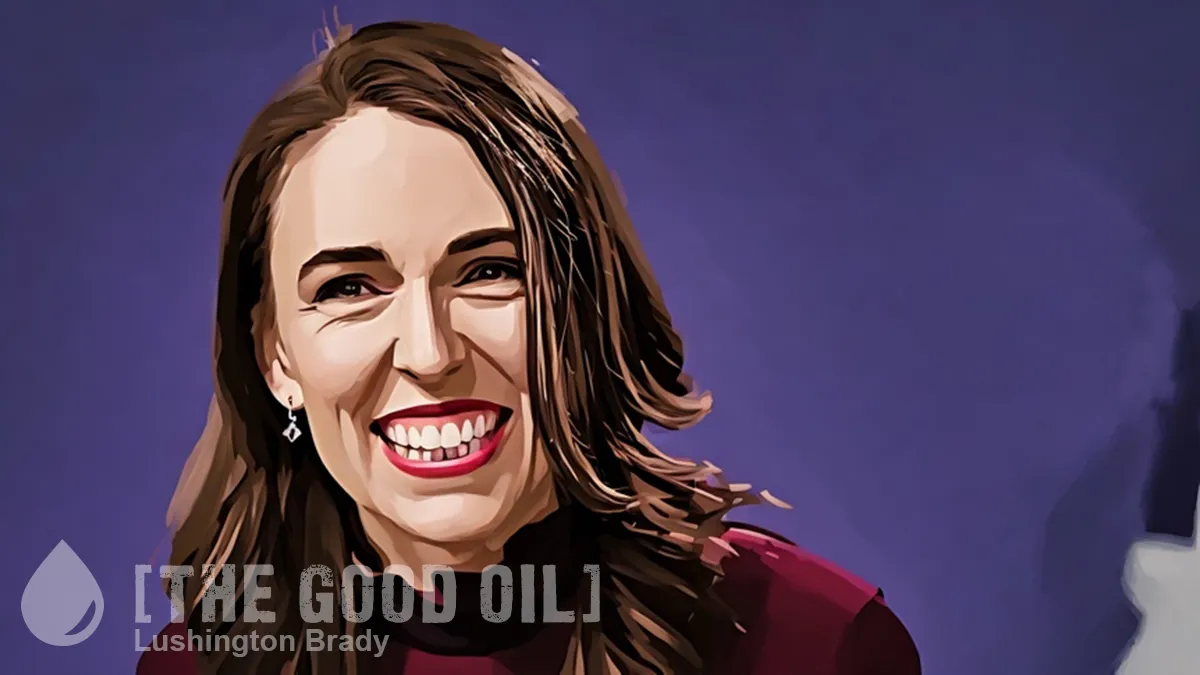Table of Contents
The Chinese Communist Party may be many things, but subtle is not one of them. When the Australian Government called for a global investigation into the origins of Covid-19, Beijing reacted with an astonishing temper-tantrum. Besides launching unprecedented diplomatic and trade punishment, CCP officials lashed Australia as “outrageous”, “scumbags”, “sick”: yes, that’s the language of “diplomacy”, CCP-style.
The supposedly “reformed” CCP isn’t shy about “disappearing” party enemies, either. No matter how wealthy or famous.
First, actress Fan Bing Bing disappeared for months. Then it was billionaire businessman Jack Ma. Now, it’s another famous actress.
Zhao Wei spent the past two decades as China’s equivalent of Reese Witherspoon, a beloved actor turned business mogul.
She directed award-winning films, sold millions of records as a pop singer and built a large following on social media, amassing 86 million fans on Weibo, China’s Twitter-like microblogging site. She also made a fortune as an investor in Chinese technology and entertainment companies.
Today, the 45-year-old star has been erased from the Chinese internet.
Searches for her name on the country’s biggest video-streaming sites come up blank. Her projects, including the wildly popular TV series My Fair Princess, have been removed. Anyone looking up her acclaimed film, So Young, on China’s equivalent of Wikipedia wouldn’t know she was the director. The field now reads “ — –”.
The CCP has made no public statements about Zhao’s disappearance or whatever so-called “crime” may have prompted it. But it doesn’t have to: in fact, it wouldn’t want to. The disappearance itself is all the message the Party needs to send.
Firstly, that no one, but no one, is protected in any way by wealth or fame. If the CCP can do this to China’s most famous and wealthy, what chance do the peasants have?
Secondly, vagueness is a tactic going back to Mao. By leaving unstated what the Chairman’s exact wishes were, Party apparatchiks were forced to constantly second-guess everything they said and did. If no one knew exactly what was a “counter-revolutionary” crime, it was best to say nothing and be as brutally conformist as possible.
“Zhao Wei is like a poster child for what the Communist Party sees as what’s wrong with celebrity culture in China,” says Stanley Rosen, a professor at the University of Southern California who specialises in Chinese films and politics.
“It’s a demonstration that no one, no matter how wealthy or popular, is too big to pursue.”
In Zhao’s case, he adds, the lack of explanation “will certainly make other celebrities extremely cautious and proactive in embracing regime goals”.
Wall Street Journal
It seems likely that Zhao’s disappearance is linked to two goals of the CCP.
The first is to rein in the country’s celebrities and entertainment industry. The Party is making clear that only strict adherence to Beijing’s goals will be tolerated. Even the slightest show of stepping out of line will bring swift punishment.
Secondly, Beijing is trying desperately to uphold the mythology of its “Harmonious Society”. While it might be an undeniable fact that the country is starkly divided, with an ultra-wealthy, powerful elite, most of them the children and grand-children of senior Mao-era communist officials, Beijing cannot allow that fact to be discussed publicly. The country’s yawning wealth gap is also at odds with its communist rhetoric.
China is a typical socialist nomenklatura state, but the Party cannot allow Chinese to talk about that. Communist appearances must be maintained: and the proven way for a communist to maintain appearances is by keeping up the disappearances.
Please share this article so that others can discover The BFD








